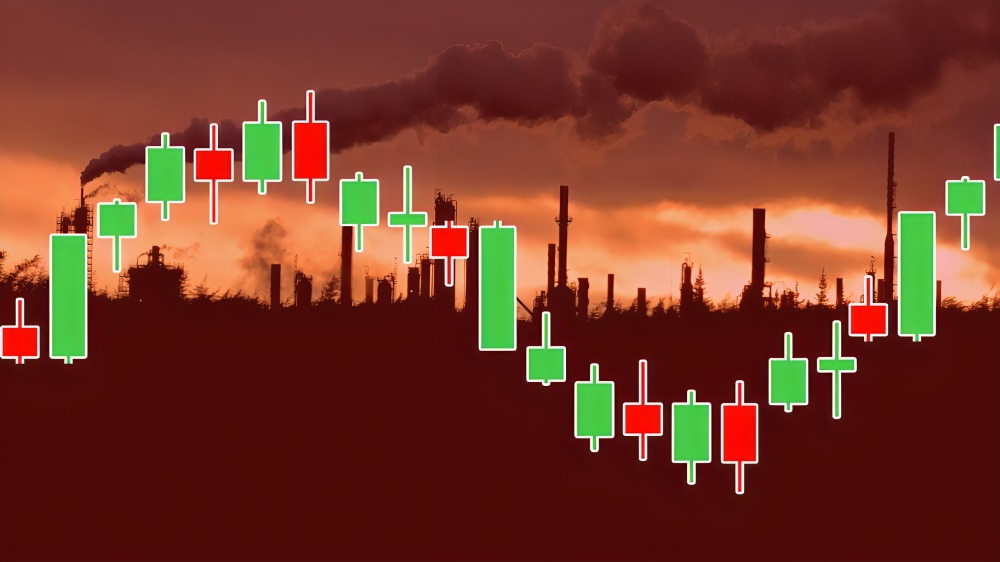
(Photo : BTIN)
- The escalating Russia-Ukraine conflict has led to a slight increase in global oil prices.
- The Biden administration has allowed Ukraine to use U.S.-made weapons, escalating the conflict further.
- The conflict has affected Russia's oil industry, causing several refineries to halt processing.
- The situation has potential to disrupt the global oil market and economy, reminiscent of the 1973 oil crisis.
The geopolitical landscape has taken a significant turn as tensions between Russia and Ukraine escalate. This conflict has not only affected the nations involved but has also caused a ripple effect in the global oil market. Over the weekend, the conflict intensified, leading to a slight increase in oil prices. Brent crude futures rose by 20 cents, or 0.3%, to $71.24 a barrel, while U.S. West Texas Intermediate crude futures were at $67.11 a barrel, up 9 cents, or 0.1%.
However, the oil market is also grappling with concerns about fuel demand in China, the world's second-largest consumer. China's refinery throughput fell 4.6% in October from last year, and the country's factory output growth slowed last month. This, coupled with the International Energy Agency's forecast that global oil supply will exceed demand by more than 1 million barrels per day in 2025, even if cuts remain in place from OPEC+, has put pressure on the market.
Biden Administration's Policy Reversal
In a significant policy reversal, the Biden administration has allowed Ukraine to use U.S.-made weapons to strike deep into Russia. This decision, which has not yet received a response from the Kremlin, is seen as a major escalation in the conflict. The move is in response to Russia's deployment of North Korean ground troops, a development that has caused alarm in Washington and Kyiv.
The conflict has also had a significant impact on Russia's oil industry. At least three refineries in Russia have had to halt processing or cut runs due to heavy losses amid export curbs, rising crude prices, and high borrowing costs. This comes as Russia unleashed its largest air strike on Ukraine in almost three months on Sunday, causing severe damage to Ukraine's power system.
Impact on Global Financial Markets
The geopolitical tensions have also affected the global financial markets. Investors are fretting over the pace and extent of interest rate cuts by the U.S. Federal Reserve. In the U.S., the number of operating oil rigs fell by one to 478 last week, the lowest since the week to July 19.
The situation is reminiscent of the 1973 oil crisis when an oil embargo by Arab nations against the U.S. and its allies led to a severe petroleum shortage and triggered an economic crisis. The current Russia-Ukraine conflict, while different in nature, has the potential to disrupt the global oil market and economy in a similar way if it continues to escalate.









